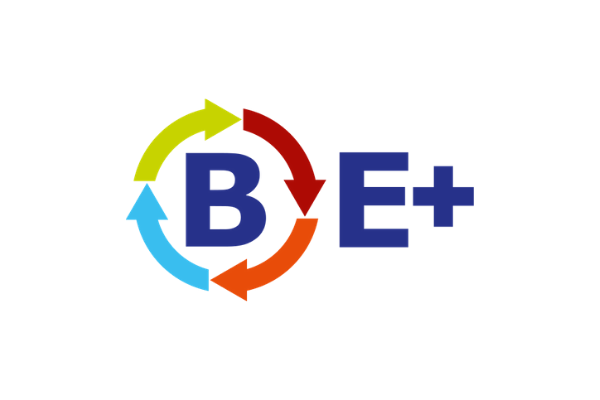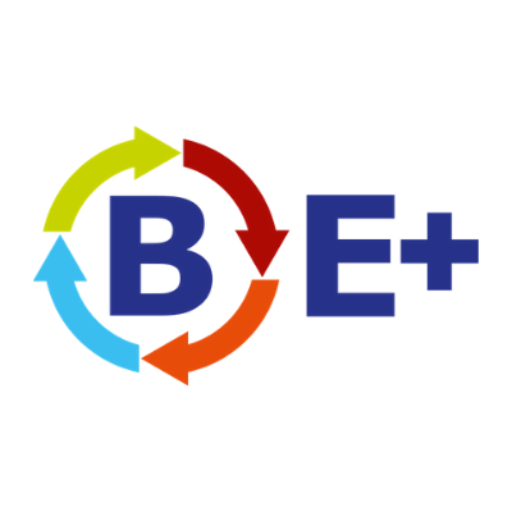At EU level, in the framework of the efforts to create a European Education Area by 2025, an important element will be played by an expected increased participation of schools in the Erasmus+ Programme. Despite the increased simplification in terms of access to the programme which has been introduced over the years by the European Commission, international activities through the programme are at reach for still a relatively low number of schools compared to the overall numbers of educational institutions which could potentially participate.


